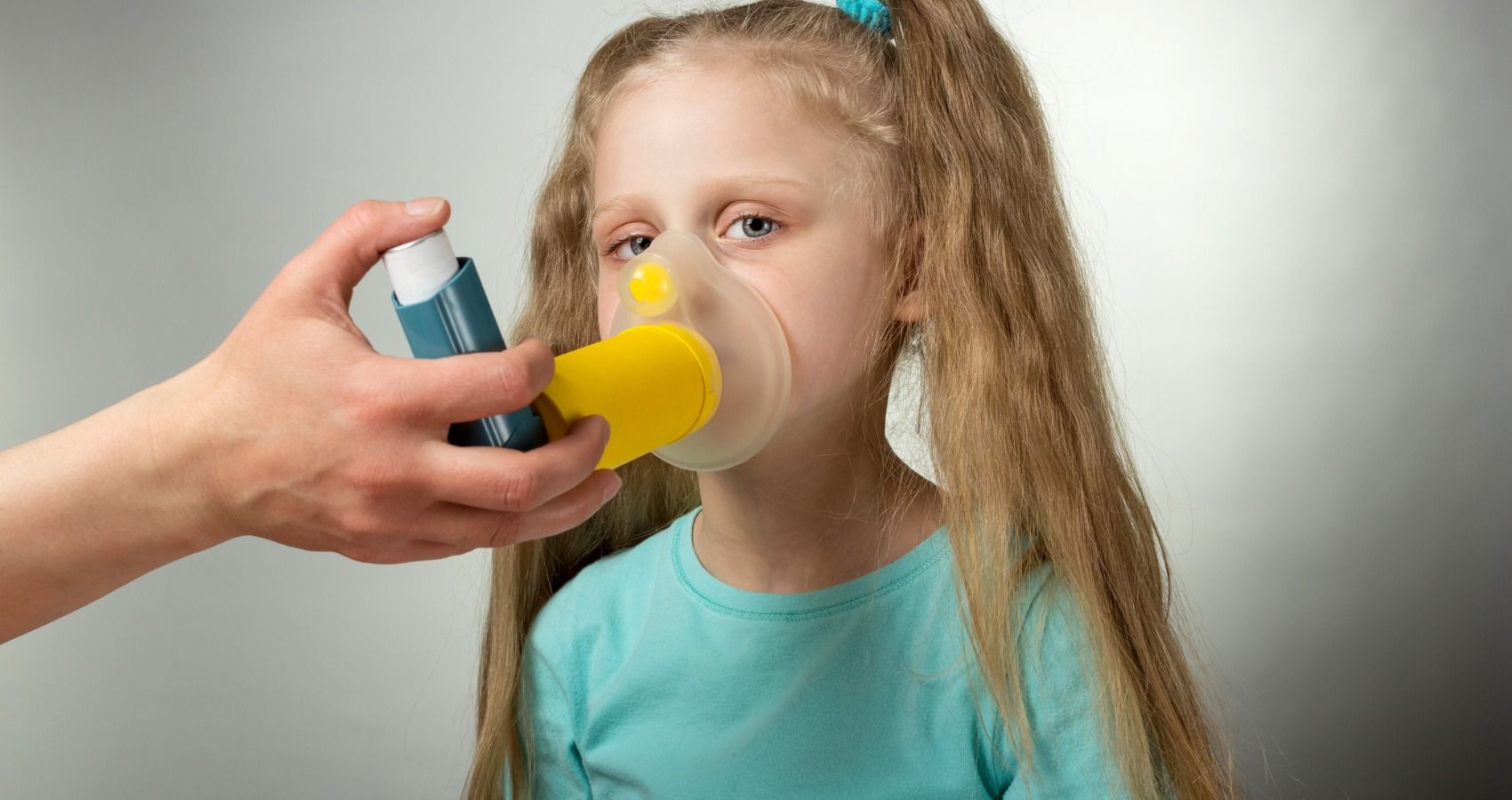Asthma can be a difficult thing to control in children. When a child just wants to be a child but can't even run around without needing an inhaler, it can be frustrating for them. One study has found that there are links to "chaotic" households and poor asthma control in kids. According to the research conducted by the University of Illinois at Chicago College of Medicine, children with parents suffering from depression and anxiety have worse asthma outcomes. Typically, they use more medicine and rescue medications than their peers without mental health issues.
While other studies have found connections between parents' depression and asthma in kids, authors wanted to look at how the overall family function could impact the illness. The work focused on urban minority youths with uncontrolled asthma (when children have frequent attacks followed by the use of rescue medicine). Looking at 223 kids between the ages of 5 and 16, they studied the links between parents with depression and PTSD, as well as child depression. By conducting in-person interviews and surveys, they were able to narrow the results down.
Families were also asked to fill out a questionnaire built to measure the level of "chaos" in the home. It contained questions such as "No matter how hard we try, we always seem to be running late", "We can usually find things when we need them", "We always seem to be rushed", and "Our home is a good place to relax." These questions helped researchers to monitor the level of function around the household in conjunction with mental health.
Lead author Sally Weinstein points out that often when parents are depressed, family routines are harder to stick to. She goes on to say that it can also be difficult for parents in that situation to adequately manage to care for their child's asthma by steering clear of stressful moments and other triggers. Weinstein hopes this study will be able to help asthma specialists to recognize the link between these factors in order to minimize risks to children with uncontrollable asthma. By creating a calmer, happier environment for both parents and kids, the attacks may reduce in frequency.
Related: Infant Mortality Rates Are Higher For Parents Who Have Little Education And Skill

